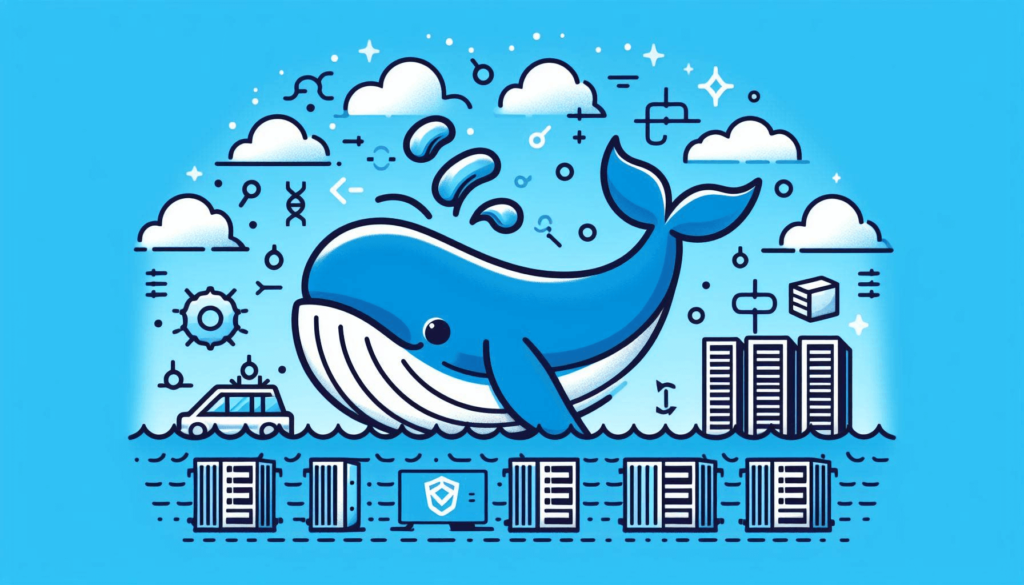Docker containers have become a popular choice for application deployment and management due to their flexibility, scalability, and security. In this blog post, we’ll take an in-depth look at how Docker containers work, including their creation process, communication methods, and management techniques.

Creating Docker Containers
Docker containers are created from Docker images, which are templates that contain the necessary files and instructions to run an application. When a Docker image is created, it’s pushed to a registry, such as Docker Hub, where it can be accessed and used to create containers.
To create a Docker container, you’ll need to use the Docker command-line interface (CLI) or a Docker management tool, such as Docker Desktop. The Docker CLI provides a set of commands that allow you to interact with Docker containers and images.
Here’s an example of how to create a Docker container using the Docker CLI:
docker run -it my-image /bin/bashThis command will create a new container based on the “my-image” image and open a terminal session inside the container. The “-it” flag tells Docker to allocate a pseudo-TTY and keep the container running even after the terminal session is closed.
How Docker Containers Communicate with Each Other
Docker containers communicate with each other using a technology called “networking.” Docker provides a built-in networking system that allows containers to connect to each other and the outside world.
When you create a Docker network, you can specify the IP address range, subnet, and gateway for the network. Containers connected to the same network can communicate with each other using their IP addresses.
Here’s an example of how to create a Docker network:
docker network create my-networkThis command will create a new network named “my-network.” You can then connect containers to this network using the “docker network connect” command.
Simplifying Application Deployment with Docker Containers
One of the biggest advantages of using Docker containers is that they simplify application deployment. With Docker, you can package your application and its dependencies into a single container that can be run on any system that supports Docker.
This means that you can deploy your application to a variety of environments, such as on-premises servers, cloud platforms, or even edge devices. Docker containers provide a consistent and portable way to deploy applications, which can save time and reduce the risk of compatibility issues.
Managing Docker Containers
Managing Docker containers can be a complex task, especially when you have multiple containers running on a single host. Docker provides a number of tools and techniques to help you manage containers effectively.
One of the most popular Docker management tools is Docker Compose, which allows you to define and run multi-container Docker applications. Docker Compose provides a YAML configuration file that defines the services, networks, and volumes for your application.
Here’s an example of a Docker Compose file:
version: '3'
services:
web:
build: .
ports:
- "80:80"
depends_on:
- db
db:
image: postgres
environment:
- POSTGRES_USER=myuser
- POSTGRES_PASSWORD=mypassword
volumes:
- dbdata:/var/lib/postgresql/data
volumes:
dbdata:This Docker Compose file defines two services: “web” and “db.” The “web” service is built from the current directory, which contains the application code. The “db” service uses the official PostgreSQL image and sets environment variables for the database username and password. The “db” service also mounts a volume to persist data between container restarts.
Advantages of Using Docker Containers
There are many advantages of using Docker containers for application deployment and management. Some of the benefits include:
- Isolation: Docker containers provide a high level of isolation between applications, which means that they can run different applications or versions of the same application without conflicts.
- Portability: Docker containers are highly portable, which means that they can be run on any system that supports Docker, regardless of the underlying hardware or operating system.
- Efficiency: Docker containers use fewer resources than traditional virtual machines, which means





